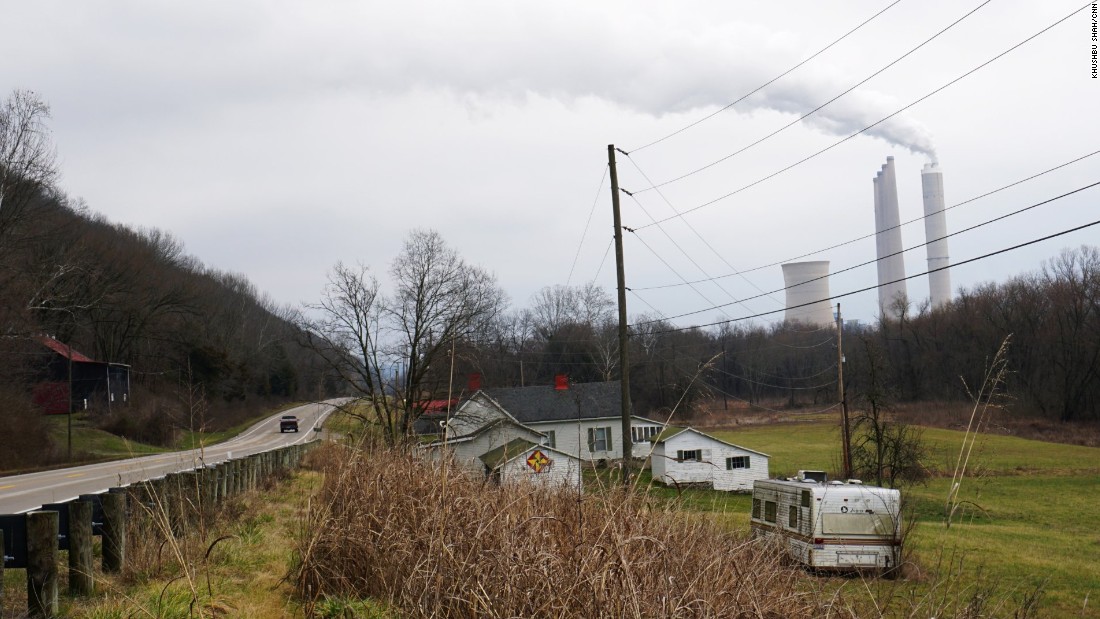Headline News:
- Manchester, Ohio is a mass of closed storefronts, with a couple of restaurants and one bar. Its 2,000 residents rely on two coal-burning power plants to provide jobs and keep the local economy afloat. Both are closing in 2018, and the closest town with available work is an hour away. They are looking to Donald Trump to save them. [CNN]
- Digging for blood and sand worms along the Maine coast can pay well, particularly in areas of the state where it can be hard to make a living. Maine’s annual harvest of these popular bait worms, however, continues to decline, posing a quandary for marine biologists who cite climate change and predation as possible factors. [Bangor Daily News]
- A study by a British and French team of climate scientists has challenged the previously held notion that any significant change in temperatures here was unlikely before the end of the century. Writing in Nature Communications journal the team judged the chance of a significant change in the region as being as high as 50%. [MyBroadband]
- In late 2015, Houston agreed to a 20-year deal to buy 30 MW of power from the Solaire Holman plant. Last week, the City Council ramped up that purchase to accept all 50 MW the plant will produce, at $44.68 per MWh over 20 years. That will cover 10.5% of the city’s annual electricity needs, replacing coal-generated power. [Houston Chronicle]
- For 40 years the National Renewable Energy Laboratory has conducted unique scientific research and worked with industry to make sources such as solar, wind and biofuels increasingly big parts of America’s energy supply. But the Trump administration has roughly 1,700 NREL employees wondering what’s ahead. [Colorado Public Radio]
For more news, please visit geoharvey – Daily News about Energy and Climate Change.
February 26 Green Energy News posted first on Green Energy Times

No comments:
Post a Comment